The Latino Pathways Initiative
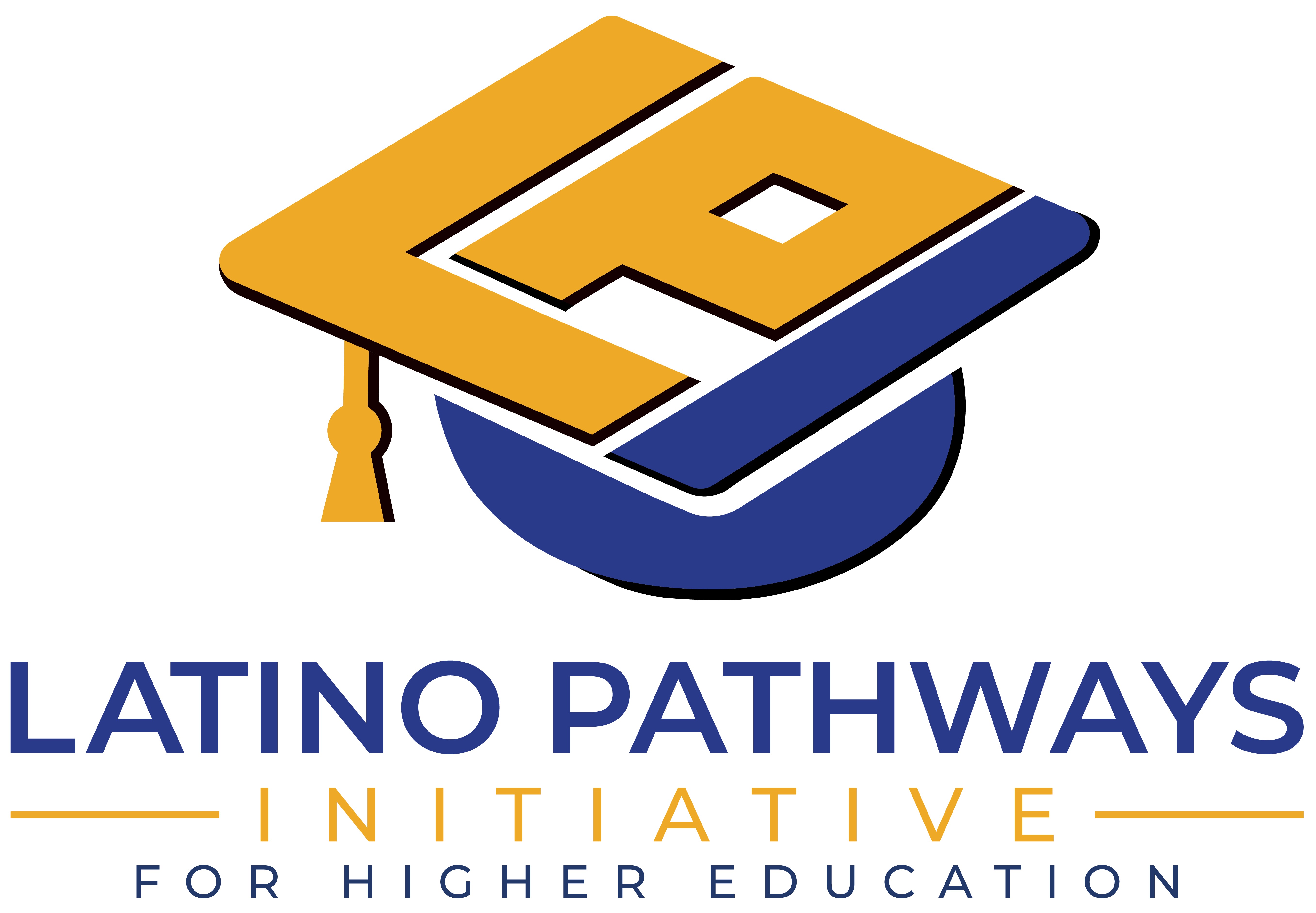
The Latino Pathways Initiative for Higher Education (LPI) is a grant funded program that aims to build pathways for Gallatin Valley's English Language Learner (ELL) Latino students, their teachers, and their families to improve educational outcomes. The LPI approaches these outcomes through service in K-12 ELL-classified student research, teacher professional development, and familial support for education. One goal of LPI is to empower Latino families in Gallatin County in their pursuit of better educational opportunities, a goal that aligns with Montana State University’s fundamental vision of transforming lives and communities in the people’s interest. Another goal is to support teachers regarding policy and pedagogy for making learning accessible to non or limited English speaking students. Finally, through our Academia Familia Latino parent certificate program, educational literacy and opportunities surrounding post-secondary education for themselves or their children are provided to assist in educational planning.
Montana
According to the Pew Hispanic Research Center, the Latino population in Montana has grown by fifty percent since 2010. Today, Latinos make up 4.1% of the state population although the unofficial number is likely higher due to migrant workers. The 2020 Census for Gallatin County shows that the Latino population from has nearly doubled since 2010.
Two school districts in Gallatin Valley, that participated in pilot data for LPI, experienced an exponential increase in newcomer ELL learners, of which hundreds are Latino Spanish speakers. Most are from rural areas, tend to have low levels of formal education and literacy, and have the added trauma of having fled their homelands for safety. Many of these students have experienced a significant interruption in their education and start school with severe literacy and achievement gaps compared to their peers. In addition to academic achievement gaps, this population also has extremely low English proficiency, if any. In turn, non-gateway states, such as Montana, typically lack the infrastructure to support these communities. Bilingual services, immigration organizations that provide resources around housing, employment, drivers licenses, health care, and English language instruction in the public schools are largely absent. In addition, new immigrants may face prejudice, anti-immigration sentiment, as well as government policies that target the community.
Due to poor state funding of Title III (Lau v Nichols), the federal program meant to help ensure that English learners attain English language proficiency and meet state academic standards, the district lacks the capacity to build the infrastructure that ELL students need. English language development delays result in students falling behind in their comprehension of content material, which leads to poor literacy outcomes and reduced opportunities for positive education outcomes.
Teachers
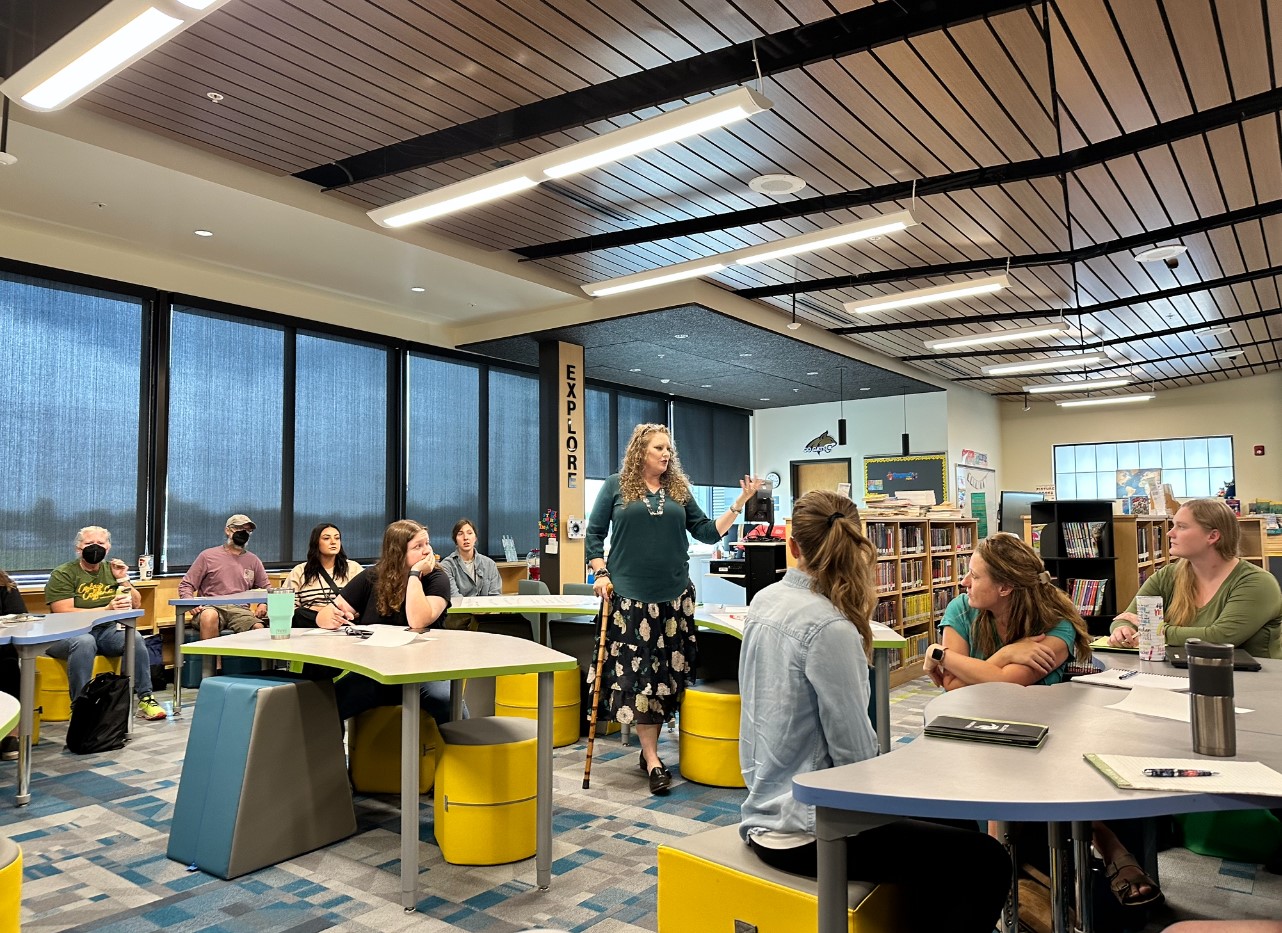
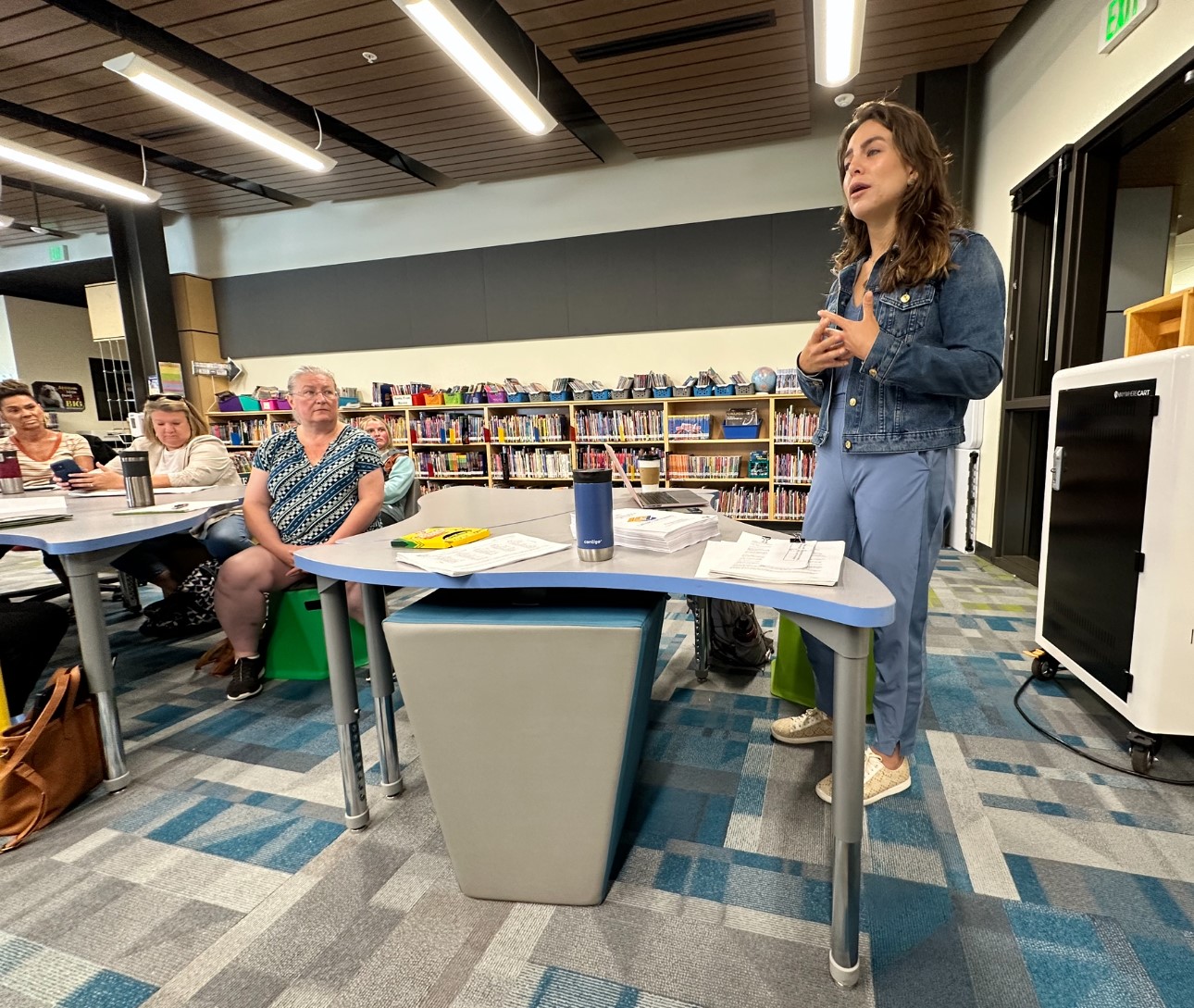
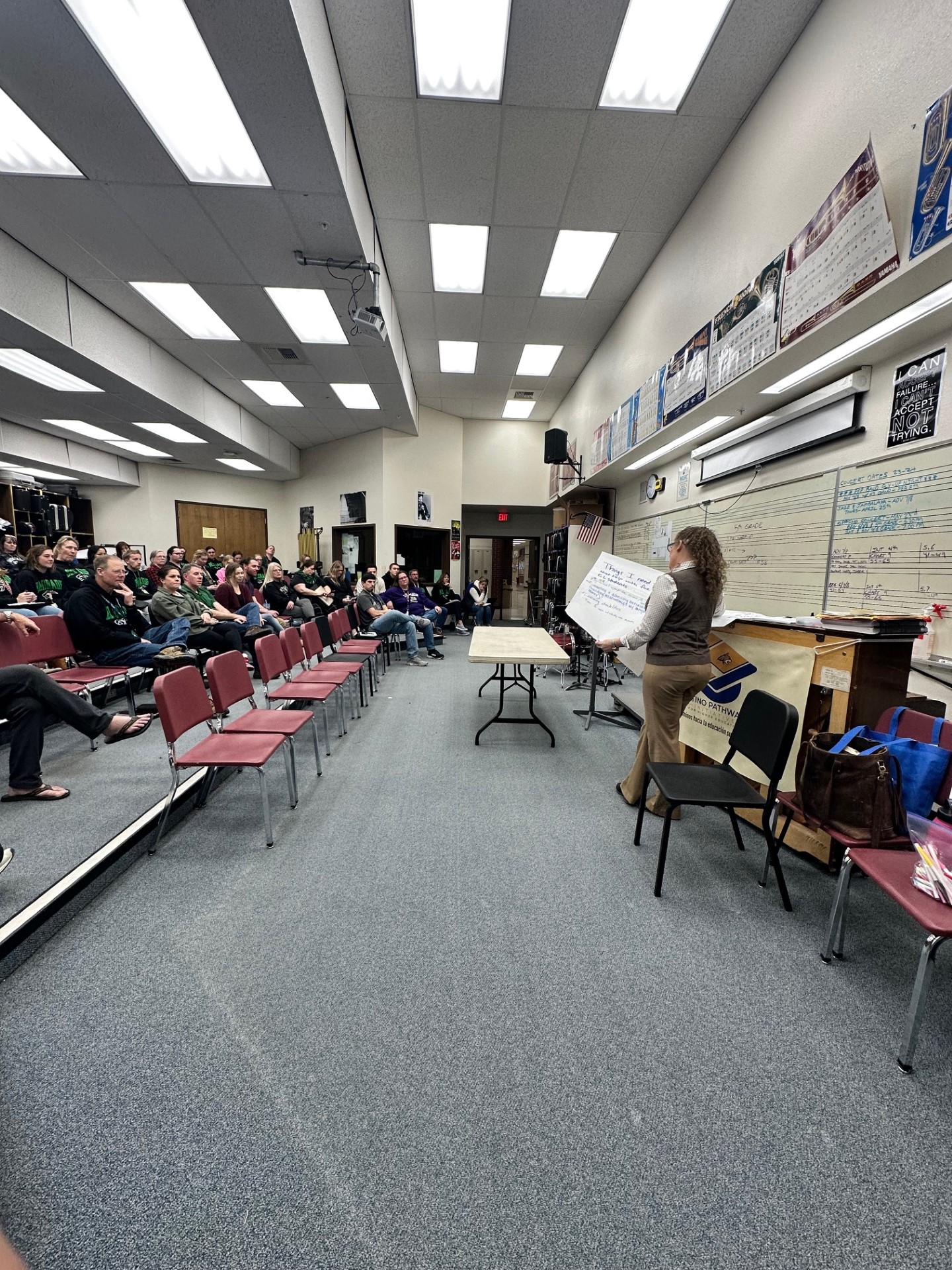
LPI conducted pilot research with two districts in Gallatin Valley surrounding teacher efficacy in teaching English Language Learner classified students. Results showed that teachers reported little to no training in ELL pedagogy, ELL classification policy, and how to make learning accessible for limited English speakers. LPI has since conducted over 10 professional development sessions with districts at the county and state levels.
Studies conducted by the National Institute for Literacy stress the importance of parental engagement as a critical social network that can transform the student journey. For example, absenteeism is decreased in families who engage in family literacy programming. Parents talking about the importance of education and the expectation of higher education in the home decreases the likelihood of students dropping off the educational pathway. In short, student academic outcomes are significantly increased by family involvement which is why we strongly believe in developing the student and parent LPI pathways.
Students
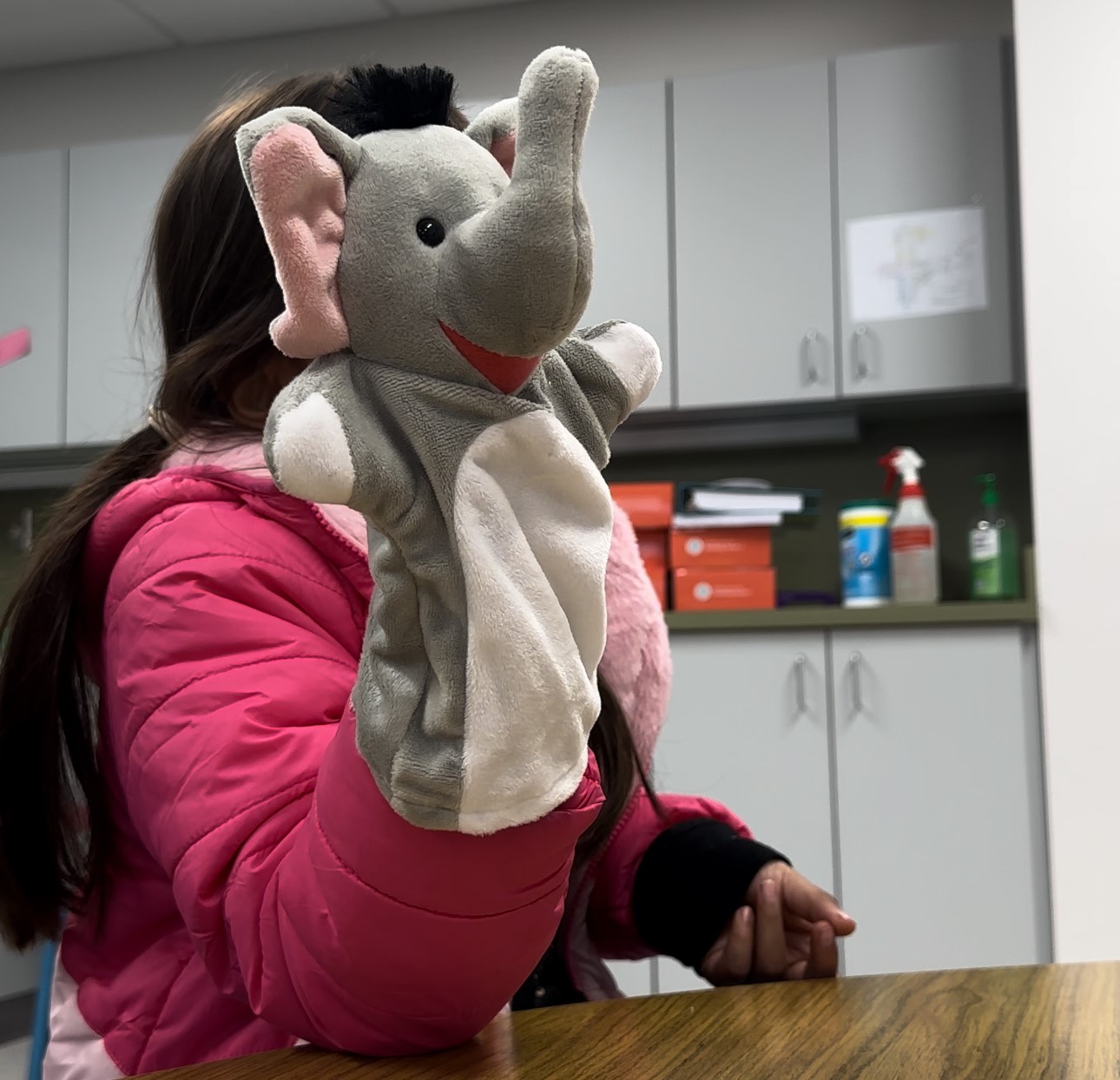
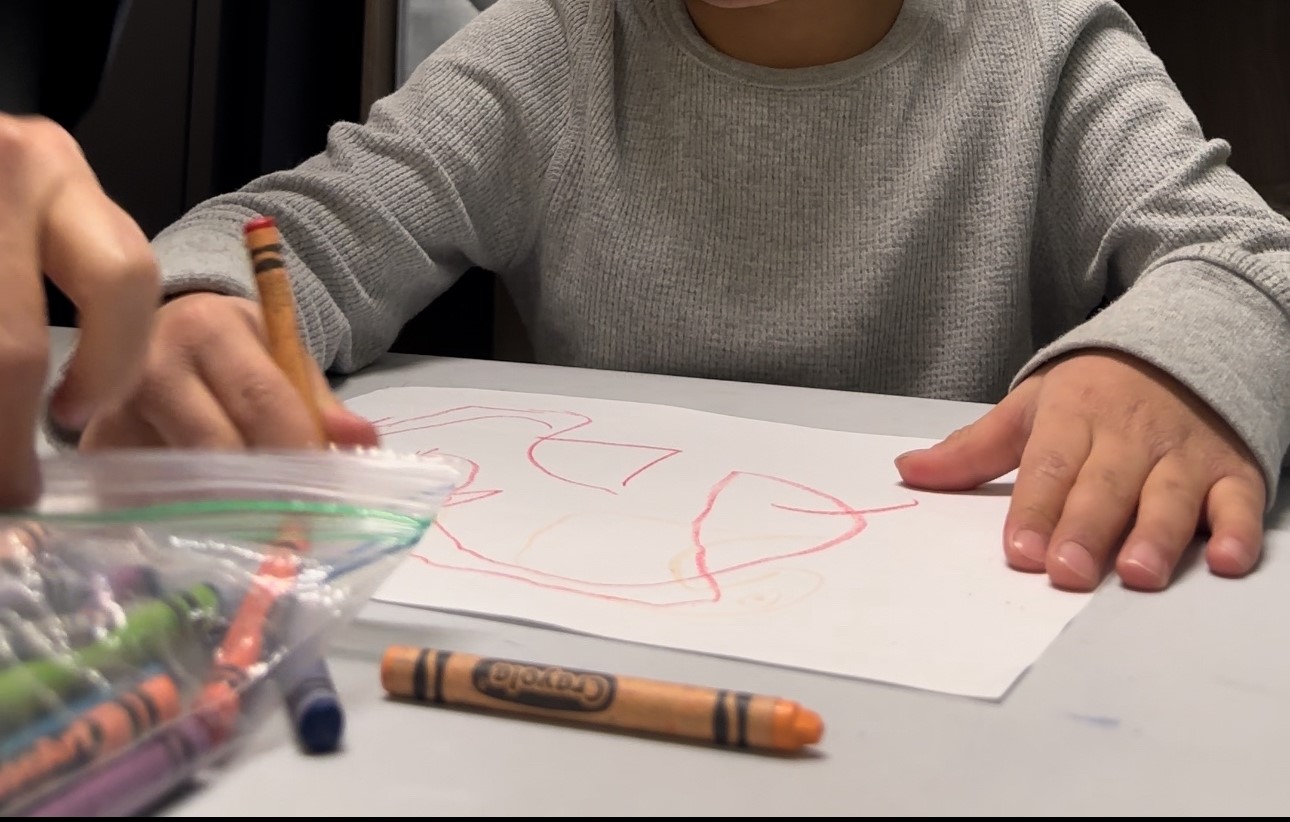
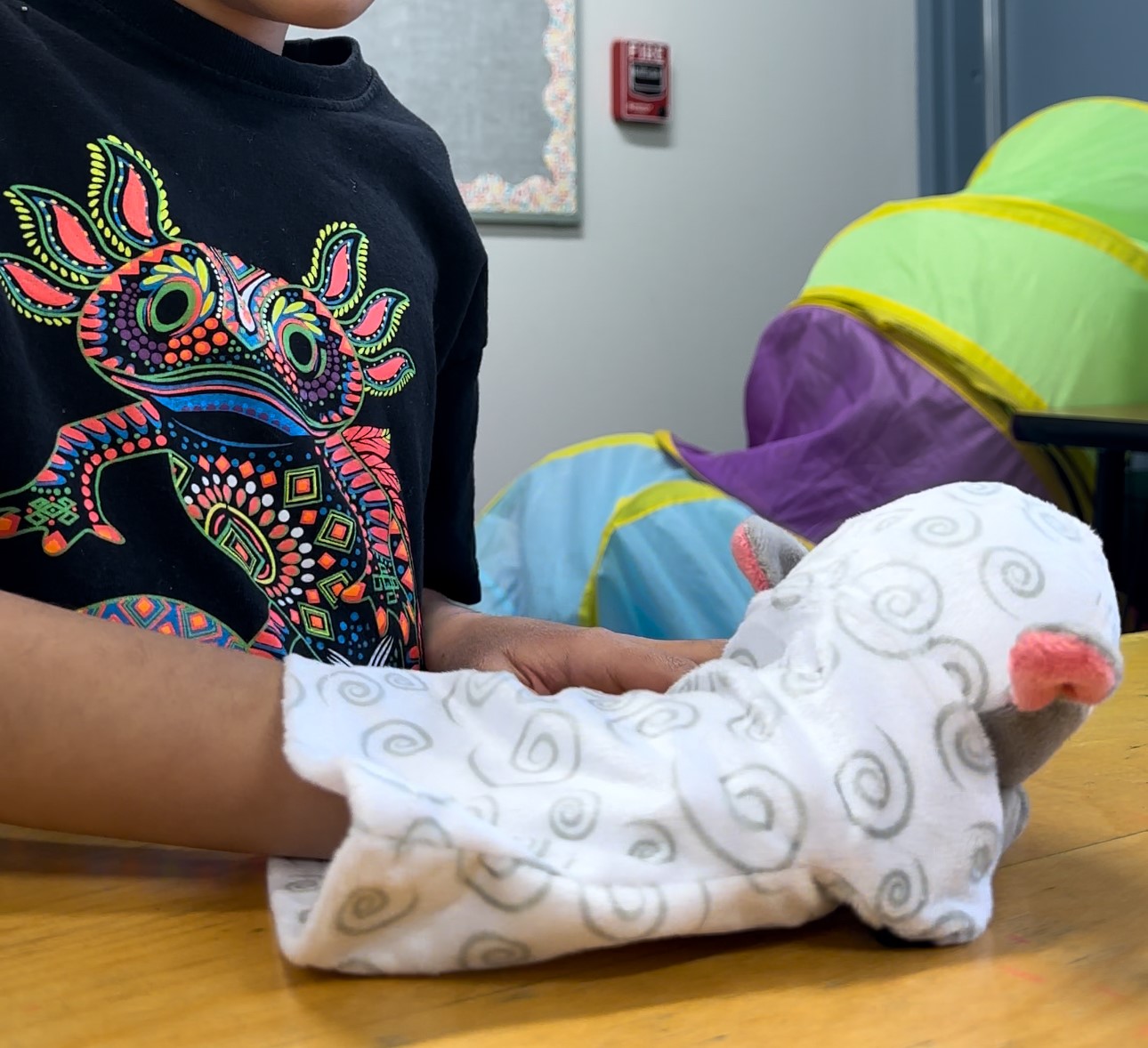
The Latino Pathways Initiative also contributes to research in the field of Second
Language Acquisition, child Mental Health through Sense of Belonging, and ELL pedagogy.
Findings from their most resent studies are expected to be published by Fall 2024.
Families
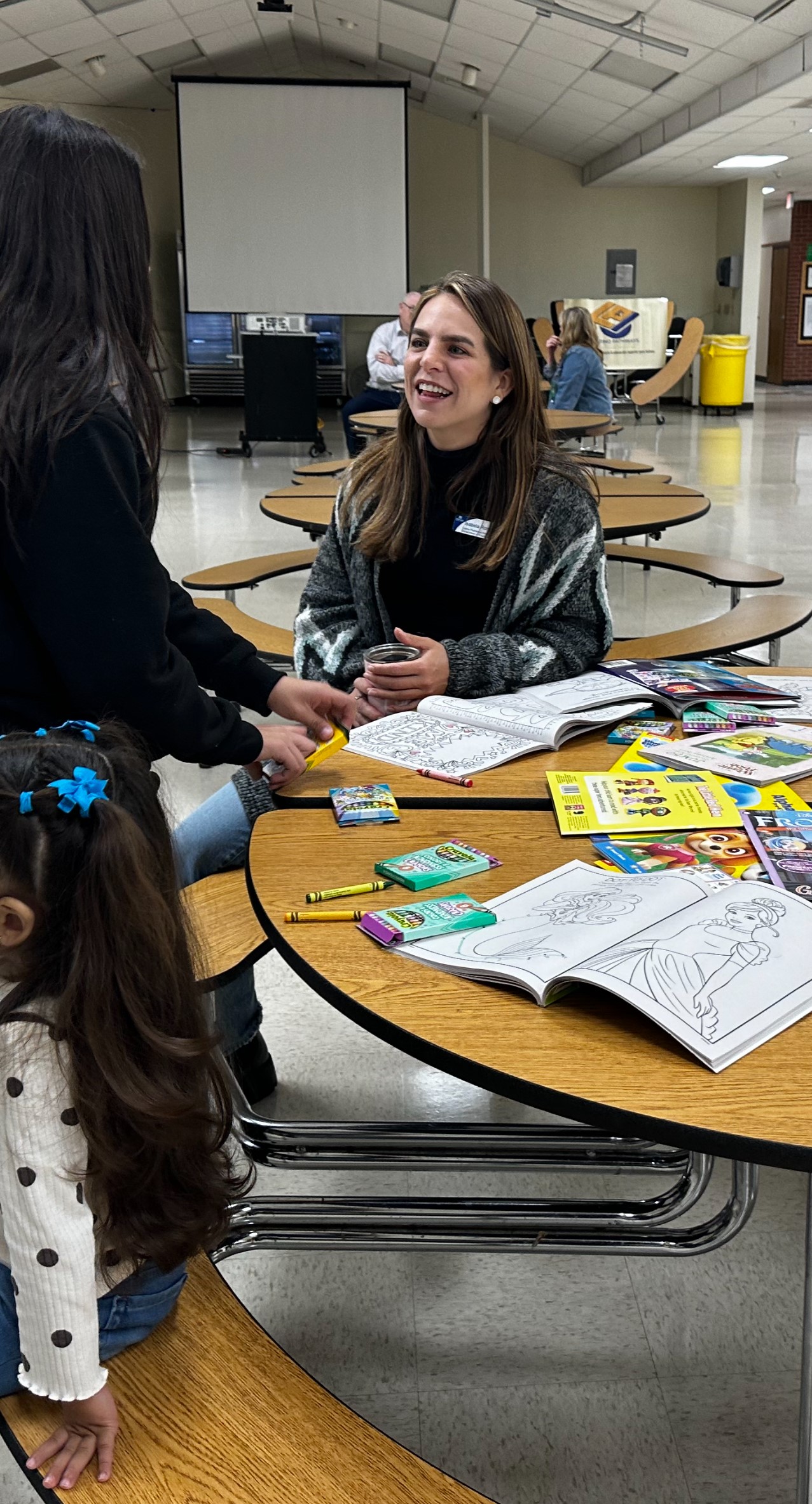
In partnership with the school district, the Latino Pathway Initiative for Higher Education promotes community involvement through providing Latino Family Nights (La Noche Familia) where all communication is in Spanish. District stakeholders have an opportunity to meet with families, communicate important announcements, and answer questions. Making communication and information accessible has been impactful for Spanish-only speaking families in their efforts to plan for familial education.
